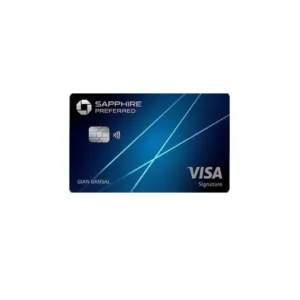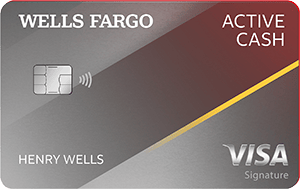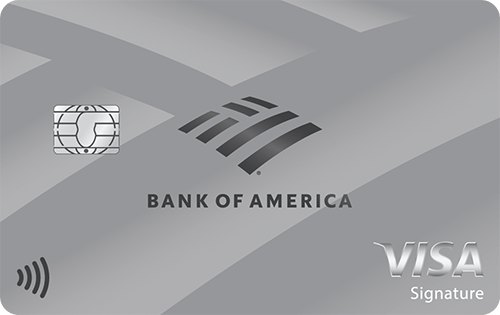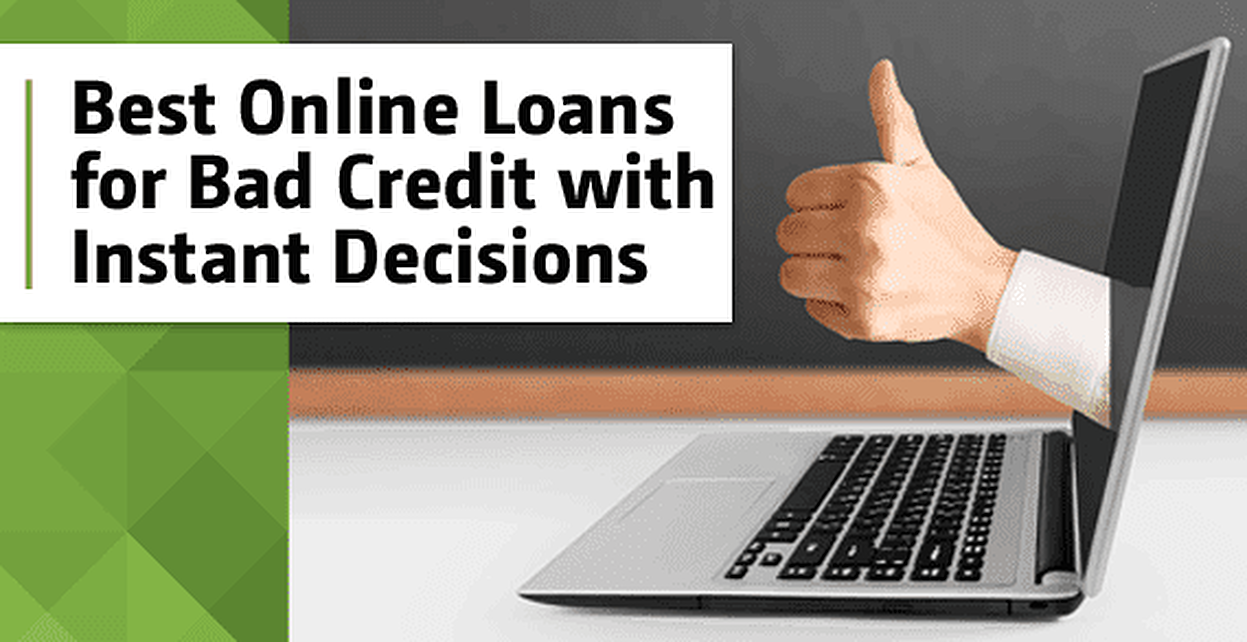7 Best Business Loans For Small Business Owners
Are you a small business owner looking to expand your operations, but struggling to secure funding? Look no further than our list of the 7 best business loans for small business owners. With options ranging from traditional bank loans to alternative online lenders, there’s sure to be a loan that fits your unique needs and goals.
From low interest rates to flexible repayment terms, each of these loans offers its own set of benefits and drawbacks. So, whether you’re looking to invest in new equipment, hire additional staff, or launch a new marketing campaign, read on to discover the perfect financing solution for your small business.
- SBA loans
- Term loans
- Business lines of credit
- Invoice factoring
- Merchant cash advances
- Equipment financing
- Personal loans
Each of these business loan options has its own unique benefits and drawbacks, so it’s essential to do your research and determine which one is the best fit for your specific needs and financial situation.

7 Best Business Loans for Small Business Owners
As a small business owner, finding the right business loan can be a crucial step in growing and expanding your business. With so many loan options available, it can be overwhelming to decide which one is the best fit for your business needs. To help you make an informed decision, we have compiled a list of the 7 best business loans for small business owners.
1. SBA Loans
Why We Like It: SBA loans are backed by the Small Business Administration and offer low-interest rates, long repayment terms, and high loan amounts.
Who Should Get It: Small business owners with a strong credit history and established businesses looking for long-term financing options.
- Loan amount up to $5 million
- Repayment terms up to 25 years
- Interest rates starting at 6.5%
Pros:
- Low-interest rates
- Long repayment terms
Cons:
- Extensive application process
- Collateral may be required
2. Business Line of Credit
Why We Like It: Business lines of credit offer flexibility and can be used for a variety of business needs. Interest is only charged on the amount borrowed, not the entire credit limit.
Who Should Get It: Small business owners needing short-term financing for unexpected expenses or seasonal fluctuations in cash flow.
- Credit limit up to $250,000
- Flexible repayment terms
- Interest rates starting at 8%
Pros:
- Flexible financing option
- Only pay interest on amount borrowed
Cons:
- Higher interest rates than traditional loans
- Credit score requirements may be higher
3. Equipment Financing
Why We Like It: Equipment financing allows small businesses to purchase equipment without having to pay the full cost upfront. The equipment being purchased serves as collateral, making it easier to qualify for the loan.
Who Should Get It: Small business owners needing to purchase or upgrade equipment to improve their operations.
- Loan amount up to 100% of equipment value
- Flexible repayment terms
- Interest rates starting at 5%
Pros:
- Equipment serves as collateral
- Flexible repayment terms
Cons:
- Equipment may become outdated before the loan is paid off
- Higher interest rates than traditional loans
4. Invoice Financing
Why We Like It: Invoice financing allows small businesses to get paid for outstanding invoices before the customer pays. This can help improve cash flow and reduce the risk of unpaid invoices.
Who Should Get It: Small business owners with outstanding invoices and a need for immediate cash flow.
- Loan amount up to 100% of invoice value
- Flexible repayment terms
- Interest rates starting at 1%
Pros:
- Improves cash flow
- Reduces the risk of unpaid invoices
Cons:
- Higher interest rates than traditional loans
- May require a personal guarantee
5. Business Credit Cards
Why We Like It: Business credit cards offer a revolving line of credit that can be used for a variety of business expenses. They also often come with rewards programs that can help businesses save money.
Who Should Get It: Small business owners needing short-term financing for smaller expenses and purchases.
- Credit limit up to $50,000
- Flexible repayment terms
- Rewards programs for cash back, travel, and more
Pros:
- Flexible financing option
- Rewards programs can help businesses save money
Cons:
- Higher interest rates than traditional loans
- May require a personal guarantee
6. Short-Term Loans
Why We Like It: Short-term loans offer quick access to cash with a relatively easy application process.
Who Should Get It: Small business owners needing immediate cash flow for unexpected expenses or to take advantage of a business opportunity.
- Loan amount up to $500,000
- Repayment terms up to 18 months
- Interest rates starting at 9%
Pros:
- Quick access to cash
- Relatively easy application process
Cons:
- Higher interest rates than traditional loans
- Short repayment terms
7. Microloans
Why We Like It: Microloans are small loans designed for businesses with limited funding options. They often come with lower interest rates and more flexible repayment terms.
Who Should Get It: Small business owners with limited funding options and needing smaller amounts of financing.
- Loan amount up to $50,000
- Repayment terms up to 6 years
- Interest rates starting at 5%
Pros:
- Lower interest rates
- Flexible repayment terms
Cons:
- Smaller loan amounts
- May require a personal guarantee
In conclusion, finding the right business loan for your small business can be a daunting task. However, by considering your business needs and financial goals, one of the above options can help provide the financing you need to grow and succeed.
Frequently Asked Questions
As a small business owner, finding the right funding can be a challenge. Here are some frequently asked questions about the best business loans for small business owners.
What are the 7 best business loans for small business owners?
There are many different types of business loans available to small business owners, each with their own pros and cons. Some of the best options include:
1. SBA loans – These loans are backed by the Small Business Administration and offer low interest rates and long repayment terms.
2. Business lines of credit – This type of loan allows you to borrow money as needed, up to a certain limit. You only pay interest on the amount you borrow.
3. Equipment financing – If you need to purchase equipment for your business, this type of loan can help. The equipment serves as collateral, so interest rates are typically lower.
4. Invoice financing – If you have outstanding invoices, this type of loan allows you to borrow against them. You receive the money upfront and repay the loan when the invoices are paid.
5. Merchant cash advances – This type of loan provides you with a lump sum of cash upfront, which is repaid through a percentage of your daily credit card sales.
6. Term loans – These are traditional loans that are repaid over a set period of time. They often have lower interest rates than other types of loans.
7. Microloans – These small loans are typically under $50,000 and are designed for businesses that need a smaller amount of funding.
What should I consider when choosing a business loan?
When choosing a business loan, there are several factors to consider:
1. Interest rates – Look for a loan with a low interest rate to save money over the life of the loan.
2. Repayment terms – Consider how long you have to repay the loan and whether the terms are flexible enough to meet your needs.
3. Collateral requirements – Some loans require collateral, such as equipment or property. Make sure you have the necessary collateral before applying.
4. Fees – Some loans come with fees, such as origination fees or prepayment penalties. Make sure you understand all fees associated with the loan.
5. Eligibility requirements – Some loans have strict eligibility requirements, such as a minimum credit score or business revenue. Make sure you meet the requirements before applying.
How do I apply for a business loan?
The application process for a business loan can vary depending on the lender and the type of loan. Generally, you will need to provide information about your business, such as financial statements and tax returns, as well as personal information about yourself and any other owners. You will also need to explain how you plan to use the funds.
It’s a good idea to shop around and compare offers from different lenders before applying. Make sure you understand all the terms and conditions of the loan before signing any paperwork.
How long does it take to get approved for a business loan?
The time it takes to get approved for a business loan can vary depending on the lender and the type of loan. Some loans, such as SBA loans, can take several weeks or even months to process. Other loans, such as merchant cash advances, can be approved in as little as 24 hours.
It’s important to be patient and provide all the necessary documentation to the lender in a timely manner to help speed up the approval process.
What happens if I can’t repay my business loan?
If you are unable to repay your business loan, the consequences can be severe. Depending on the type of loan, the lender may be able to seize your collateral or take legal action against you. Your credit score may also be negatively impacted, making it harder to secure funding in the future.
If you are struggling to repay your loan, it’s important to communicate with your lender as soon as possible. They may be able to work with you to come up with a repayment plan or offer other solutions.
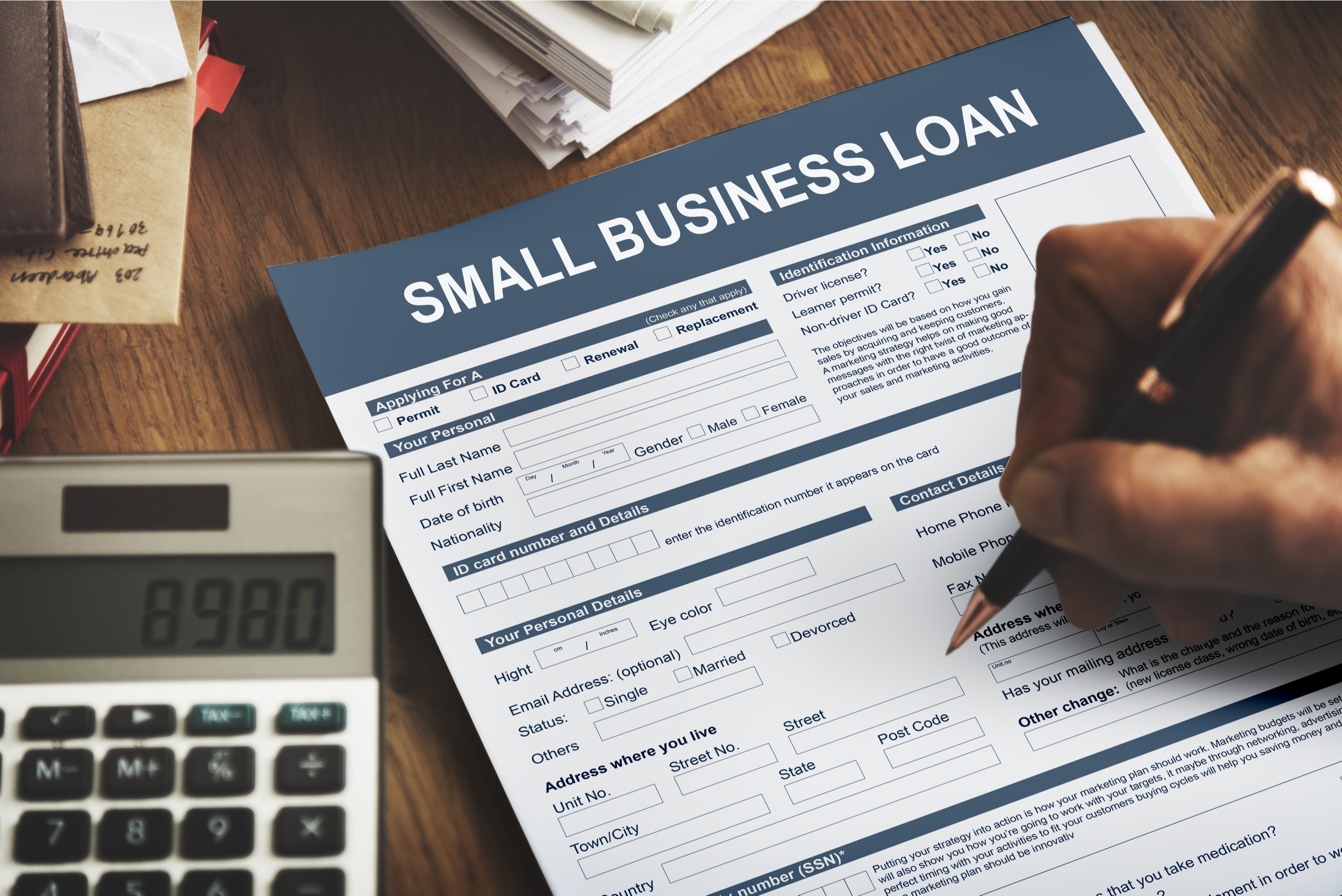
Small businesses are the backbone of the economy, but they often face financial challenges that can threaten their success. Fortunately, there are many business loan options available to help small business owners get the funding they need. After extensive research, we have compiled a list of the 7 best business loans for small business owners.
First on our list is the Small Business Administration (SBA) loan, which offers low interest rates and flexible repayment terms. Next, we have invoice factoring, which can provide quick cash flow by selling unpaid invoices to a third-party company. For businesses with a high credit score, a traditional bank loan may be a good option.
For those looking for fast funding, online loans from alternative lenders such as Kabbage and OnDeck can provide quick access to cash. Additionally, a business line of credit allows business owners to borrow money as needed, while equipment financing can help purchase necessary equipment for the business.
In conclusion, small business owners have many loan options available to help them succeed. By considering their specific needs and financial situation, they can choose the best loan option for their business. Whether it’s an SBA loan, invoice factoring, a traditional bank loan, online loans, a business line of credit, or equipment financing, the right loan can provide the necessary funding to take a small business to the next level.
